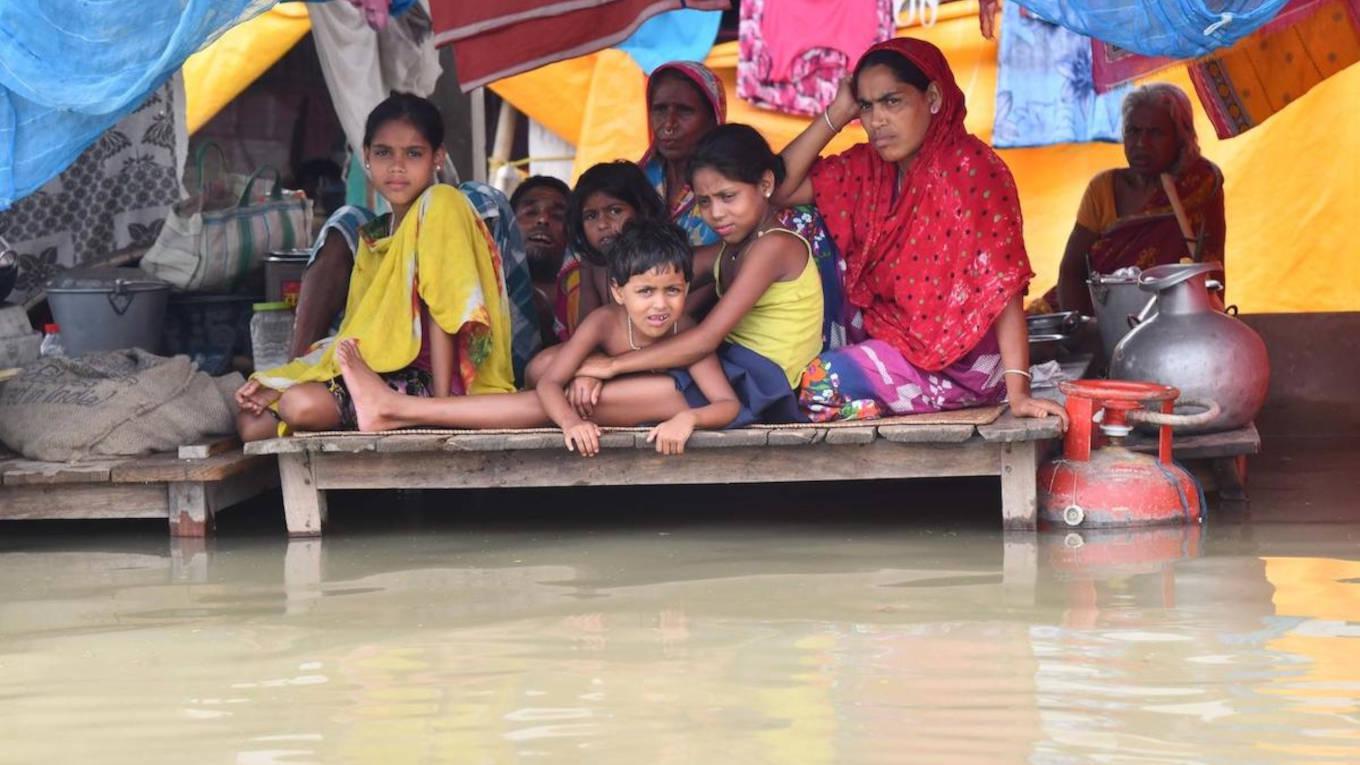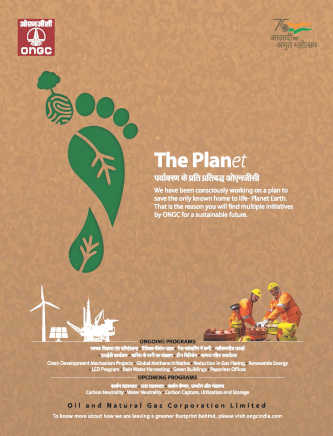Children’s needs are being ‘woefully neglected’ by international climate funds, according to a new report. Climate funding “woefully neglects” vulnerable children, a new report has warned, with less than 3 per cent of key financing meeting their needs. A billion young people face extremely high climate-related risks, UNICEF data shows. But according to the Children’s Environmental Rights Initiative (CERI), these children are largely ignored. The organisation, a coalition that includes Plan International, Save the Children, and UNICEF, has investigated key international climate funds to see whether they consider children. They found that just 2.4 per cent of multilateral climate funds (MCFs) — amounting to roughly $1.2 billion — did so to a satisfactory level, reports Euronews. “The findings are stark,” says Kabita Bose, Country Director at Plan International Bangladesh. “Urgent and effective investment is key to adapting to climate change, and is particularly critical for children, especially girls who are highly susceptible to the short and long-term impacts. “Yet current spending almost ignores children entirely. This needs to change.” Children are particularly vulnerable to the intensifying climate crisis. Young people have been developing immune systems and bodies, and are more likely than adults to suffer from heat-related illnesses, respiratory problems and infectious diseases. Food and water scarcity further threaten their intellectual and physical development. Climate change also destroys social services, prevents children from accessing education and healthcare, and erodes safeguards against exploitation and trafficking. The climate crisis is a “child’s rights crisis,” says Paloma Escudero, Special Adviser for Climate Advocacy at UNICEF. “Every child is exposed to at least one — and often multiple — climate hazards,” she says. “The finance and investment that is desperately needed to adapt critical social services like health and water to climate hazards is insufficient and largely blind to the urgent and unique needs of children. This must change.”
-

Every child is exposed to at least one — and often multiple — climate hazards























